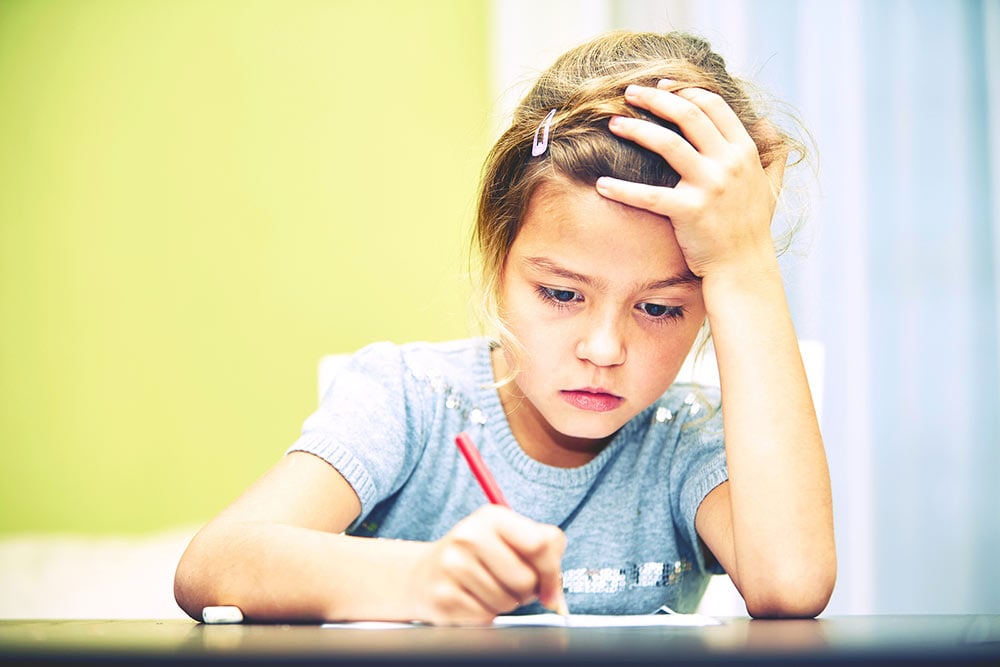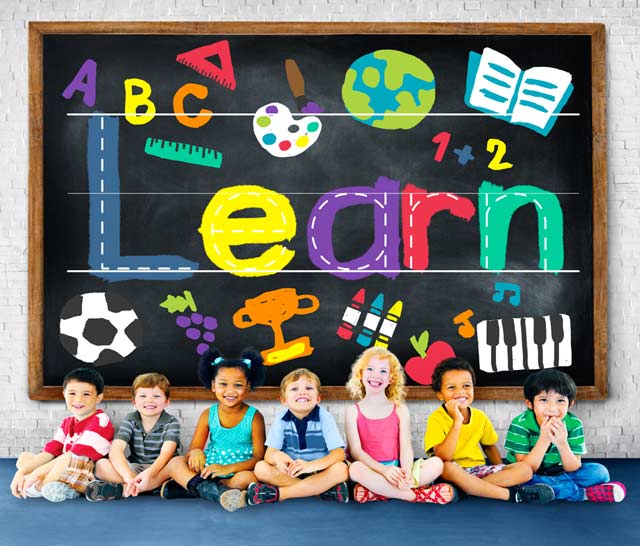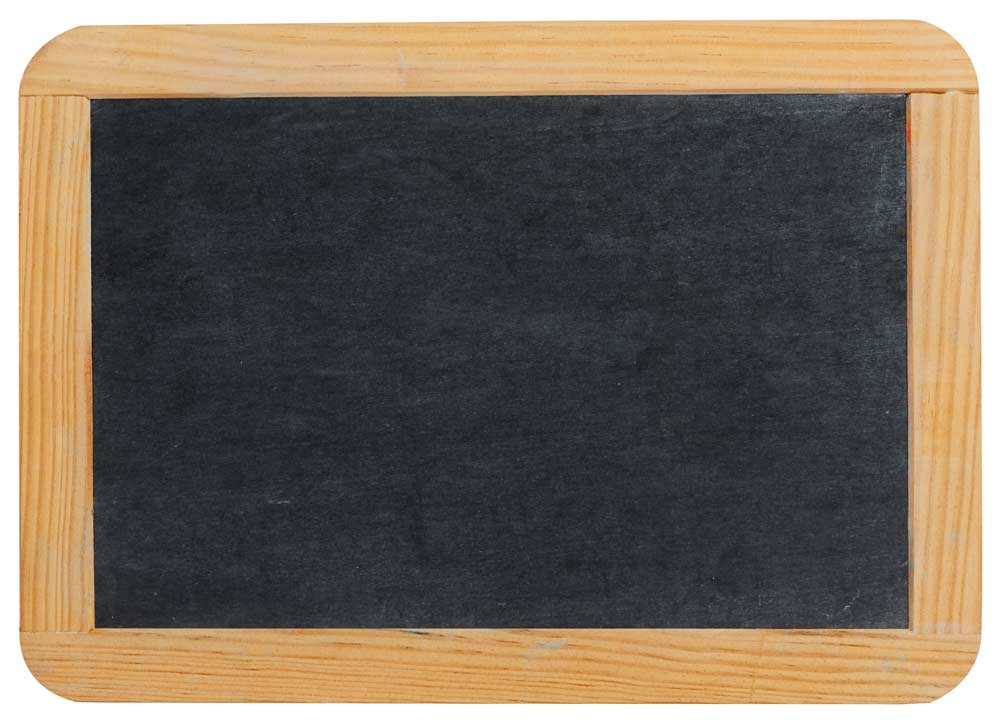 By Laura Pappiano
By Laura Pappiano
Original Source: New York Times
Originally posted February 4, 2015
What is college? To Madison Comer, a confident 6-year-old, it is a very big place. “It’s tall,” she explained, outlining the head of Tuffy, the North Carolina State mascot, with a gray crayon. “It’s like high school but it’s higher.”
Elizabeth Mangan, who plans to be a veterinarian because she loves her puppy, pointed out that she, too, would attend North Carolina State. “Me and Madison are going to the same college,” she said.
And what is college? “It’s someplace where you go to get your career.”
Billy Nalls, meanwhile, was drawing curving horns and jagged teeth on Rameses the Ram on a paper pennant representing the University of North Carolina. “I’m drawing him as angry,” he said. In college, Billy wants to learn to make a Transformer (“It’s like a robot that comes from Cybertron”). And what happens at college? “You get smarter and smarter every day.”
Matriculation is years away for the Class of 2030, but the first graders in Kelli Rigo’s class at Johnsonville Elementary School in rural Harnett County, N.C., already have campuses picked out. Three have chosen West Point and one Harvard. In a writing assignment, the children will share their choice and what career they would pursue afterward. The future Harvard applicant wants to be a doctor. She can’t wait to get to Cambridge because “my mom never lets me go anywhere.” The mock applications they’ve filled out are stapled to the bulletin board.
“The age-old question is: ‘What do you want to be when you grow up?’ You always ask kids that,” Ms. Rigo said. “We need to ask them, ‘How will you get there?’ Even if I am teaching preschool, the word ‘college’ has to be in there.”
Forget meandering — the messaging now is about goals and focus. “It’s sort of like, if you want your kids to be in the Olympics or to have the chance to be in the Olympics,” said Wendy Segal, a tutor and college planner in Westchester County, N.Y., “you don’t wait until your kid is 17 and say, ‘My kid really loves ice skating.’ You start when they are 5 or 6.”
Credit President Obama and the Common Core Standards for putting the “college and career ready” mantra on the lips of K-12 educators across the country. Or blame a competitive culture that has turned wide-open years of childhood into a checklist of readiness skills. Whatever the reason, the fact remains that college prep has hit the playground set.
One has only to search Pinterest to see the trend. Dozens of elementary schoolteachers share cute activities that make the road to college as clear as ABC. One cut-and-paste work sheet has students using circles and squares to sequence the steps. There are four: mail your application, get accepted, graduate high school and “move in, go to class and study hard!” “College weeks” have become as much a staple of elementary school calendars as the winter band concert. And campus tours are now popular field trips.
Charter schools have long put the college message front and center. For at least a decade they have been taking low-income students to visit campuses, to provide incentive for hard work and offer concrete knowledge about the mysterious world of their wealthier peers. Now everyone wants to check out higher education options.
A four-year-old program in Santa Cruz County, Calif., takes 3,000 fourth graders on a single day in May to a local campus for tours, information sessions and a sampling of classes, including sociology and women’s studies. Rice University, which has a teacher resource page (“Picture your students at Rice”), last year led 91 elementary and middle school tours and sent out 357 classroom packets with activities, literature and iron-on transfers for making T-shirts, nearly triple the number two years earlier.
The University of Maryland has been deluged with requests. After leading 8,000 children on guided tours in 2012-13, the program director for visitor services, Betty Spengler, said they had to limit slots. “We had so many requests, we were doing tours five days a week,” she said. “It became impossible to sustain.” She hopes a new teacher resource site unveiled last month will help those who can’t get tour dates.
What do sixth graders do on a tour?
When a group of 65 children from Magnolia Elementary School, tucked into a neighborhood of modest homes on small, tidy lawns in Prince George’s County, Md., spilled off school buses at the university’s welcome center, the first stop was the model dorm room, behind glass.
If there’s one thing about college that children struggle to grasp, it’s sleeping at school — with strangers. The students, many clad in Magnolia Elementary hoodies, jostled to get a glimpse of the room with the perfectly made beds. They wanted to know: Can you pick the person you live with? Can you stay up as late as you want? “Your mom is not there to wake you up so you got to wake up by yourself so you can go to your classes,” explained Belal Mobaidin, a cherubic 11-year-old who wants to be a brain surgeon.
The goal is to get students to picture themselves on campus. But not literally, warned Laura Browning, their teacher. “No posting! No selfies! No texting!” Ms. Browning sought order as they strolled by stately white-columned brick buildings. “Ladies and gentlemen, there are sidewalks. Please use them!”
For exuberant and chatty preteens (who did snap selfies), the tour hit what mattered: food, fun facts (the seventh floor of the library is so quiet that if you open chips everyone can hear) and the physically impressive. They gawked at the 54,000-seat football stadium and discovered that there is a Chick-fil-A in the basement of the student center. Enija Wright was surprised, but excited, to learn that candy is sold on campus.
The tour guides — Javier Scott, a peppy junior from Columbia, Md., and Carley Pouland, a senior from Fort Worth — briefly struck a serious note, urging students to chase their dreams. “College can help you do that,” Mr. Scott said. “When you work hard, more opportunities will open up to you.”
By lunchtime, having rubbed the mascot Testudo’s nose for good luck (twice!) and piled their cafeteria trays with chicken fingers, fries and pizza slices, students were sold. David Oladimejij, 11, plans to attend. “At first I wanted to go to Harvard,” he said. “In the news I heard that Harvard is the best college, but I think Maryland is the best.”
It’s a soft sell — Rice’s classroom PowerPoint says that attending “anycollege,” not just Rice, is what matters. But Mikayla Donoho, a fifth grader who toured the campus with her class at Pine Forest Elementary School in Humble, Tex., is all in. What struck her? “We got to eat our lunch in this beautiful garden.”
Reaching out to children years ahead of serious college consideration can seed brand awareness for the university. Or amp up an already anxiety-laced process.
“Children need to make mistakes and find themselves in dead ends and cul-de-sacs,” said Joan Almon, a founder of the Alliance for Childhood who worries that the early focus cuts short self-exploration. “I’m concerned that we are putting so much pressure around college that by the time they get there they are already burned out.”
Some agree. A number of colleges refuse to host tours for children in grades below high school, expressing sentiments similar to those on the Boston College website, which notes a “desire not to contribute to the college admissions frenzy.”
In some quarters, that frenzy is well underway by middle school. The perception that it’s harder to get into top colleges has parents starting earlier.
“It’s created a little bit of a panic,” said Megan Dorsey, a private counselor and founder of College Prep in Sugar Land, Tex. She points to a state law requiring public campuses to admit the top percentages of each high school class, making admission to the University of Texas, Austin, and Texas A&M particularly tough. “I see a lot of parents with junior high-age students who are really concerned,” she said. “They want to know: Before high school, what should they be doing.”
The impulse to line up achievements and to consider how a child’s record will play on a college application is contagious, said Mary Meyer, whose sons are in fifth and eighth grades in the Lamar Consolidated Independent School District near Houston. “It is the game we are playing these days. It is too much, but I don’t see it changing, so you have to join in or you will be left behind.”
When her boys join the science club, volunteer at the food bank, even serve on the elementary school safety patrol, Ms. Meyer said, she can’t help but view it as a stepping stone to college. “You have to have this résumé built or your kids will not even be looked at.”
Barbara Poole is a seventh-grade English teacher at Rachel Carson Middle School in Fairfax County, Va., which is one of the nation’s wealthiest suburbs and home to the perennially top-ranked Thomas Jefferson High School for Science and Technology. She estimates that 60 percent of her students already know where they want to go to college.
Ms. Poole was among the first to pilot a middle-school version of Naviance, a college-prep subscription service that high schools offer their students. It’s known for its scattergrams, which reveal the acceptance history of the school’s students to specific colleges by test score and grade-point average. Ms. Poole said the software’s résumé-building feature — it allows students to input extracurricular activities, awards, volunteer work and more — has made her students “more aware” of building that extracurricular record for college.
“We talk about endurance,” she said. “If you are in band one year, but you don’t do it eighth-grade year, it shows.” Even as Ms. Poole is “reminding them that they are just kids,” she also tells them, “It is competitive out there and what can you do and what are you doing other than going home and playing video games?” She nudges them. “You are 12 years old. Do you give back?”
The early planning trend shows in the Naviance numbers. Five years ago, the company began selling software that lets students as young as fifth grade explore career interests, majors and the colleges that offer them; 1,700 middle schools have signed on, representing nearly 1.1 million students. “We’ve seen an amazing rate of adoption,” said Stephen M. Smith, a co-founder, adding that it is part of a larger shift toward making students mindful sooner about consequences of course selections.
“When they get to middle school, it is the first time they are asked which math class they want to take, which science, whether they want to take a foreign language,” he said. Choices “can really change their trajectory as a student.”
That trajectory, like an invisible dotted line leading to coveted colleges — or not — has applied fresh pressure on preteens to make smarter choices.
For example, the math you take in middle school determines if you reach calculus by 12th grade — a common expectation of elite colleges. That means finishing Algebra I in eighth grade. Even a foreign language pick in sixth grade has a college prep purpose, said Ms. Segal, the college planner, who warns that choosing French “because it sounds pretty” could have consequences later. “You have many, many more options if you take Spanish,” because classes are taught often while French may be offered only once. “And what if it’s at the same time as A.P. bio?”
This may sound overwrought, but Joan Nachman, the guidance counselor at Magnolia Elementary School, points out that colleges want Advanced Placement courses on transcripts but high school students can’t just sign up. They must prepare with honors courses in middle school, which means strong work in elementary school. “You have to set the groundwork now,” she said.
Magnolia draws from a middle-class African-American and Hispanic community where only about a quarter of adults have a college degree. Parents may not realize how choices now shape opportunities later, which is why last year the school added “Kids2College,” a national college-awareness program, to the curriculum.
“We want to make certain children understand that they have options” and “the criteria for those options,” Phyllis L. Gillens, the principal, said.
Research shows that the college advantage is growing only for students from educated, high-income families. Since 1970, the rate at which affluent students earn bachelor’s degrees has nearly doubled (from 40 percent to 77 percent) while it has barely moved (from 6 percent to 9 percent) for low-income students, according to a report out this month from the Pell Institute for the Study of Opportunity in Higher Education and the Alliance for Higher Education and Democracy.
“The advantage has been widening based on family income,” said Laura W. Perna, executive director of the alliance and a professor at the University of Pennsylvania. Families in upper-income brackets have lots of resources, she said, “and they are mobilizing those resources to maximize advantage.”
Ms. Poole’s seventh graders, for example, have parsed program options at the five high schools they can attend from their middle school. “They already know how they will achieve in high school to get to college,” she said. “It’s crazy. Not crazy. It’s what they are doing.”
When Ms. Rigo graduated from Morningside College in Sioux City, Iowa, in 2009, she became — and remains — the only person in her family, which includes seven siblings, to earn a college degree. It didn’t come easily. It took eight years at three institutions in two states. “I was lost,” said Ms. Rigo, who dropped out first semester, aghast to discover textbooks cost $600. “I didn’t have anybody to talk to about that.”
A well-organized mother of three who likes colorful charts and careful work (students must draw their college pennants in pencil before using crayon), Ms. Rigo has a calm teacher voice that grows sturdy when discussing the college project she has created for her first graders at Johnsonville. She wants students to know what she did not: the effort, cost and planning required to earn a degree. “They have to understand there are lots of steps, that you can’t all of a sudden be a teacher.”
In Harnett County, where prefab homes sit amid tall pines and undulating fields, just 18.5 percent of adults have a college degree. The best jobs are connected to the military, at Fort Bragg. Most piece together a living at fast-food restaurants — Bojangles’, Wendy’s, Taco Bell, KFC — and retail stores like Walmart. There are factory jobs at 3M and Coty Inc., the cosmetics company.
In Room 102, where Ms. Rigo retreated after guiding her first graders onto their buses, the phone rang. It was a parent upset at being expected to provide a binder for homework. The family couldn’t afford it.
The college project, this year adopted by all five first-grade classes, has pleased some parents and puzzled others. One, Lora Collins, a Kansas State graduate, thought the college talk was useful. For many local families, she said, “it is just not in their mind, in their thought process, to think about going to college.” A few have not been so receptive, complaining that students should be focusing on reading, writing and math.
Another first-grade teacher, Jennifer Agnew, said she “had a couple of parents who were like, ‘Their thoughts and feelings will change, why should we be talking about this now?’”
Young children simply cannot understand what college is, according to Marcy Guddemi, executive director of the Gesell Institute of Child Development. “You may as well be talking about Mars. It’s totally meaningless.”
As for older children, they can grasp college but developmentally struggle with making choices, she said, so early planning may not be fruitful — or fair.
“We are robbing children of childhood by talking about college and career so early in life,” Dr. Guddemi said. “Kids being pressured to think college, to pick a college, that everything you do is for college, you miss the here and now.” Also, she observed: “Not every child will go to college. That is just a fact.” Equating degree-earning with success may set up some to feel like failures.
How you view the early start on college planning depends on where you sit
Ms. Rigo became convinced of its importance after working as a teacher’s assistant in the Chapel Hill public schools, where parents were professors, doctors and lawyers. Census data show three-quarters of adults there have college degrees. At Johnsonville Elementary, most of her students would be the first in their families to attend college.
“When I came here,” she said, “I realized they were not getting the same message.”
 In March 2012, I attended Michelle Garcia Winner’s Social Thinking Conference in Baltimore, Maryland. During that two day conference Michelle introduced the participants to a variety of ways to assess and develop social thinking in children. One of the techniques she introduced was the idea of whole body listening, a great strategy for any primary classroom, and one that parents can reinforce at home. This strategy was developed by Susanne Poulette, a speech pathologist, in 1990.
In March 2012, I attended Michelle Garcia Winner’s Social Thinking Conference in Baltimore, Maryland. During that two day conference Michelle introduced the participants to a variety of ways to assess and develop social thinking in children. One of the techniques she introduced was the idea of whole body listening, a great strategy for any primary classroom, and one that parents can reinforce at home. This strategy was developed by Susanne Poulette, a speech pathologist, in 1990.
 There are many programs that schools have come to use in order to
There are many programs that schools have come to use in order to